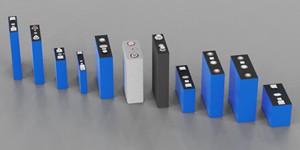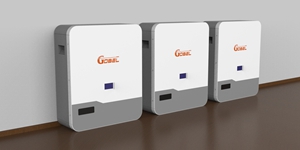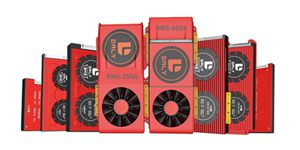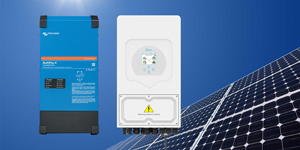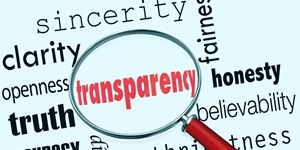CHINA TRYS TO CURB EXCESSIVE LITHIUM BATTERY GROWTH
By Kelly posted 2017-07-25 13:16:11On November 18th, in order to further strengthen the management of the lithium-ion battery industry, promote the transformation and upgrading of the industry and technological progress, the Ministry of Industry and Information Technology publicly solicited comments on the "Regulations for the Lithium-ion Battery Industry (2021 Edition)" (draft for comments) (referred to as " The deadline for comments on the "Regulation Conditions") and the "Administrative Measures for the Lithium-ion Battery Industry Specification Announcement (2021 Edition)" (Draft for Solicitation of Comments) is November 28. The "Regulations" proposes to guide enterprises to reduce manufacturing projects that simply expand production capacity, strengthen technological innovation, improve product quality, and reduce production costs.
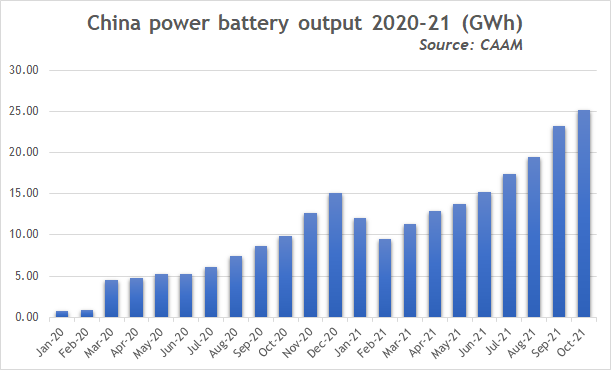
The "Regulations Conditions" put forward requirements for industry technological progress and standardized development in terms of industrial layout and project establishment, process technology and quality management, and product performance. In terms of industrial layout and project establishment, the "Regulations" requires lithium-ion battery companies and projects to comply with national laws and regulations on resource development and utilization, ecological environment protection, energy conservation management, and production safety, and comply with national industrial policies and related industrial planning and layout. Requirements, in line with the requirements of local land and space planning and special planning for ecological environment protection, and meet the requirements of "three lines and one single" ecological environment zoning management and control.
At the same time, lithium-ion batteries and supporting projects shall not be built in areas where the planning of permanent basic farmland, ecological protection red lines, and national laws, regulations and rules prohibit the construction of industrial enterprises. Existing enterprises in the above-mentioned areas should be demolished and closed in accordance with the requirements of laws and regulations, or strictly controlled in scale and gradually moved out.
In terms of process technology and quality management, the "Regulations" requires that the company's R&D expenditure is not less than 3% of the company's main business income for the year, and companies are encouraged to obtain the qualifications of independent R&D institutions, technology centers or high-tech enterprises at or above the provincial level; main products Have technical invention patents; the actual output of the previous year at the time of declaration shall not be less than 50% of the actual output of the current year.
In terms of product performance, the "Specification Conditions" requires consumer battery energy density ≥260Wh/kg, battery pack energy density ≥200Wh/kg, and polymer battery volume energy density ≥600Wh/L. The cycle life is ≥600 times and the capacity retention rate is ≥80%. Power type batteries are divided into energy type and power type. Among them, the energy density of energy type batteries is ≥180Wh/kg, the energy density of battery packs ≥120Wh/kg; the power density of power batteries is ≥700W/kg, and the power density of battery packs is ≥500W/kg. The cycle life is ≥1000 times and the capacity retention rate is ≥80%. Energy storage battery energy density ≥145Wh/kg, battery pack energy density ≥110Wh/kg. Cycle life ≥ 5000 times and capacity retention rate ≥ 80%.
According to the analysis of Shanghai Nonferrous Network, ternary material batteries and lithium iron phosphate batteries occupy the mainstream of the power battery market. Among them, the single energy density of the ternary battery is generally 180-220Wh/kg, and the cycle life is 1500-2000 times. The mainstream manufacturers in the industry can achieve the above goals. However, the general single energy density of the lithium iron phosphate battery industry is only 160-180Wh/kg. Although some manufacturers optimize the structure of the entire battery pack and greatly increase the volume utilization rate of the battery pack, the entire battery pack can reach 140-160Wh/kg. , Which is sufficient to complete the requirements for the entire battery pack in the "Regulations", but the energy density of the battery pack is still an insurmountable gap for some companies.
According to Shanghai Nonferrous Metals Network, considering that the performance of lithium iron phosphate batteries is mostly affected by the performance of the cathode material, that is, the performance of lithium iron phosphate materials, it can be expected that if the "Regulations" is officially implemented, some downstream battery manufacturers and phosphoric acid companies that do not meet the technical level will be eliminated. Lithium iron enterprise.
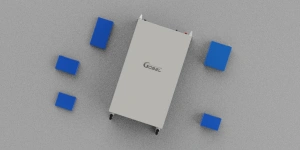
 Europe Warehouse
Europe Warehouse